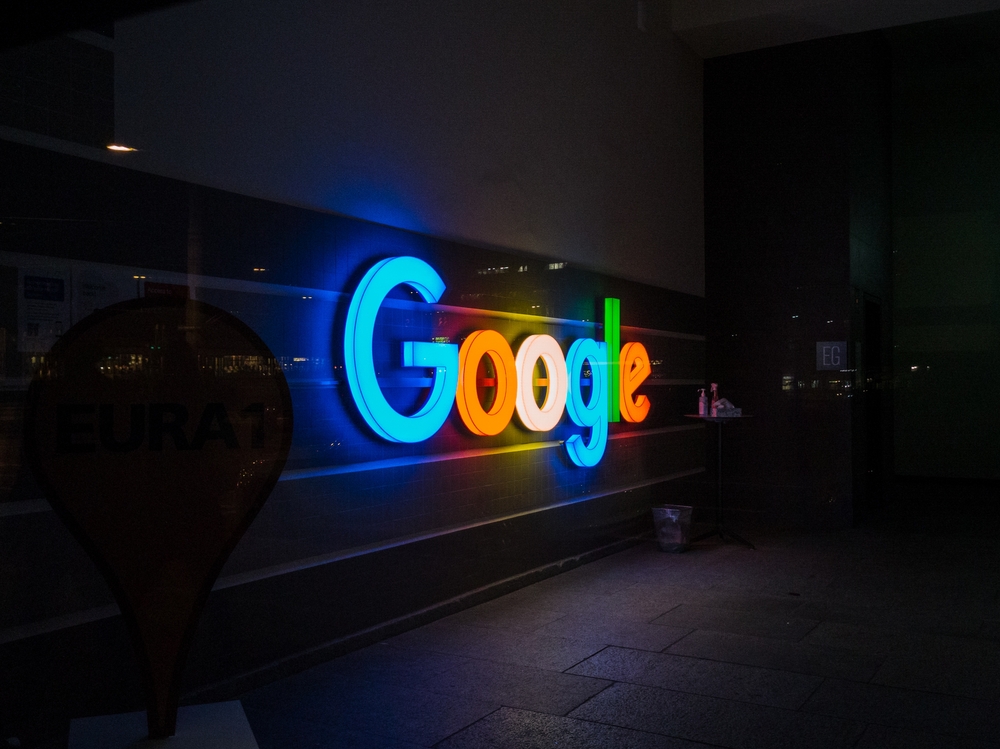The lawsuit, initiated in 2020 by William Byatt from Florida and Californians Chasom Brown and Maria Nguyen, focused on the purported deception associated with Google’s “incognito” mode. According to the claimants, despite activating this mode, Google’s surveillance mechanisms, including data collection via Google Analytics and active monitoring tools, persisted. Users were allegedly misled into believing they had control over the information shared during their incognito browsing sessions.

Legal Proceedings and Court Rulings
Google attempted to dismiss the lawsuit, arguing that users were informed about the continued data collection in incognito mode. The tech giant pointed to a notification displayed upon activating Incognito mode, clarifying that while actions weren’t saved locally, they would still be visible to the sites visited. However, Judge Yvonne Gonzalez Rogers, presiding over the case, allowed it to proceed, rejecting Google’s dismissal motion. She contended that Google hadn’t explicitly communicated data collection to users, thereby refuting the notion of users’ consent.
Implications and Settlement
Following an unsuccessful attempt to dismiss the claims, Google opted for a settlement with the plaintiffs. The terms of the agreement remain undisclosed and are set to be presented to the court at the end of January, with the court’s decision expected in February. This settlement could mark a pivotal moment in addressing concerns related to user privacy and data collection practices by major tech companies, as it addresses the nuances of incognito browsing and its implications on user expectations, notes NIX Solutions.
The resolution of this lawsuit could set precedents and provoke discussions concerning the boundaries of user privacy in the digital age, potentially impacting how tech companies manage and communicate data collection practices to their users.
